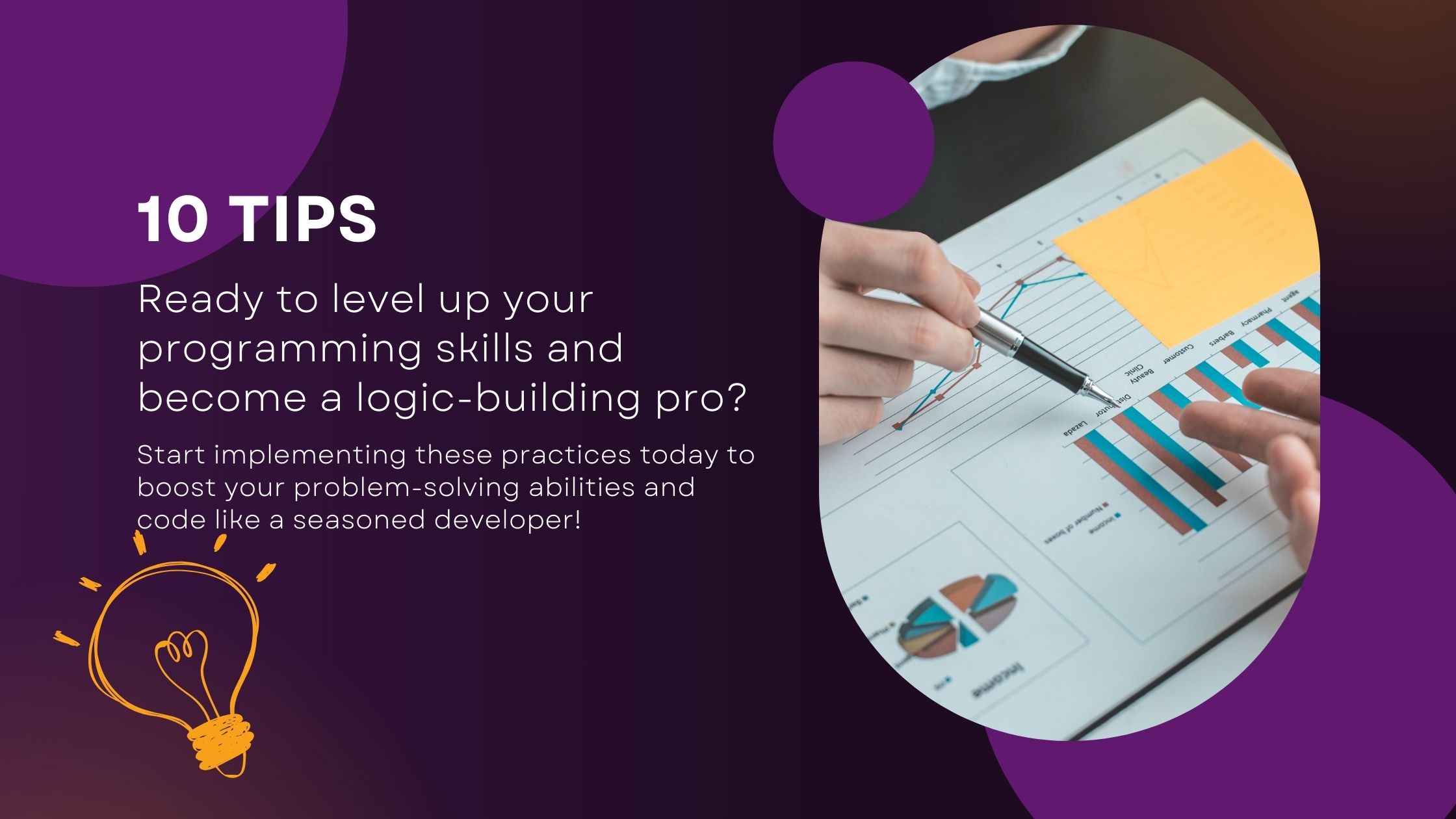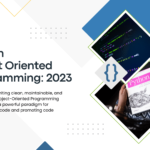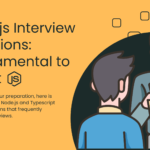Are you an aspiring developer, researcher, or analyst looking to enhance your logic-building skills in programming? Logic is the foundation of effective programming and plays a crucial role in problem-solving and creating efficient code.
Whether you are a beginner or have some experience in coding, there are always ways to improve your logic-building abilities. In this article, we will explore ten valuable tips to help you build and enhance your logic skills in programming. So let’s dive in!
1. Understand the Fundamentals
To build a strong foundation in logic building, it is essential to have a solid understanding of programming fundamentals.
Concepts such as variables, loops, conditionals, and data structures are the building blocks of logical thinking in programming.
Take the time to learn these concepts thoroughly and practice implementing them in your code. Online tutorials, books, and coding courses can be valuable resources to enhance your understanding of programming fundamentals.
Some important links:
- W3Schools – Python Fundamentals
- Codecademy – Fundamentals of Programming
- Coursera – Programming for Everybody
Example/Usage: When working on a project, understanding variables helps in storing and manipulating data. For instance, in a web application, variables can be used to store user inputs or preferences.
2. Break Down Problems into Smaller Parts
One of the most effective strategies for improving logic-building skills is to break down complex problems into smaller, more manageable parts. This approach allows you to tackle each component individually and then combine them to create a comprehensive solution.
Breaking down problems helps you analyze the problem’s requirements, identify potential challenges, and develop a step-by-step plan to solve them.
This systematic approach enhances your logical thinking and problem-solving abilities.
Some important links:
Example/Usage: Breaking down a large feature into smaller tasks is akin to dividing a complex algorithm into manageable steps, making it easier to implement and debug.
3. Practice Problem-Solving
Just like any other skill, logic-building in programming improves with practice. Engaging in regular problem-solving exercises helps you sharpen your logical thinking and exposes you to various coding challenges.
Platforms like LeetCode, HackerRank, and CodeSignal offer a wide range of coding problems that you can solve to enhance your logic-building skills.
Challenge yourself with different difficulty levels and strive to find the most efficient solutions. Remember, practice makes perfect!
Some important links:
Example/Usage: Regularly solving coding challenges on platforms like LeetCode hones problem-solving skills, making you adept at handling various scenarios.
4. Study and Analyze Existing Code
Studying and analyzing existing code is an excellent way to improve your logic-building skills. Dive into open-source projects, explore code repositories on platforms like GitHub, and examine how experienced programmers approach different problems.
Analyzing well-written code helps you understand different logic-building techniques, learn best practices, and discover new ways to solve problems efficiently.
By studying code, you expand your knowledge and gain insights into logical thinking in programming.
Some important links:
Example/Usage: Studying well-written code on platforms like GitHub provides insights into effective logic-building techniques, fostering a deeper understanding of programming.
5. Collaborate with Peers
Collaboration with fellow programmers is a valuable strategy to improve your logic-building skills. Working with others exposes you to different perspectives, ideas, and approaches to problem-solving.
It allows you to learn from their experiences, exchange knowledge, and discover alternative solutions to coding challenges. Participate in coding communities, join coding forums, or even form study groups with like-minded individuals.
By collaborating with peers, you can enhance your logical thinking through shared learning and collective problem-solving.
Some important links:
Example/Usage: Collaborating on a shared project with peers exposes you to diverse solutions, helping refine your logical thinking through shared learning.
6. Implement Pseudocode
Before diving into writing code, it is beneficial to plan your approach using pseudocode. Pseudocode is a simplified version of your code that focuses on the logic and algorithmic steps without worrying about the syntax.
By writing pseudocode, you can outline the logical flow of your program, identify potential issues, and refine your solution before implementing it in a specific programming language.
Pseudocode serves as a blueprint for your code and helps you develop a more logical and structured approach to problem-solving.
Some important links:
Example/Usage: Imagine you’re building a system to automate an inventory process. Before coding, use pseudocode to plan out how the system will check stock levels, reorder products, and update the inventory database. It’s like creating a strategic game plan before hitting the coding field!
7. Explore Different Programming Paradigms
Familiarizing yourself with different programming paradigms can significantly improve your logic-building skills. Programming paradigms, such as procedural, object-oriented, functional, and logical programming, offer different approaches to problem-solving.
Each paradigm has its own set of principles and techniques that can expand your logical thinking abilities. By exploring various paradigms, you can gain a broader perspective on programming and develop a more versatile and adaptable approach to logic building.
Some important links:
- GeeksforGeeks – Introduction to Programming Paradigms
- Medium – Understanding Programming Paradigms
- Coursera – Programming Paradigms by Stanford University
8. Continuously Learn and Update Your Knowledge
The field of programming is constantly evolving, with new technologies and methodologies emerging regularly. To stay ahead and enhance your logic-building skills, it is crucial to keep learning and updating your knowledge.
Stay updated with the latest programming languages, frameworks, and tools relevant to your field. Engage in online courses, attend coding conferences and workshops, and participate in webinars to expand your understanding of programming concepts and logical thinking techniques.
Some important links:
- Udemy – Online Programming Courses
- Coursera – Computer Science Courses
- freeCodeCamp – Learn to Code for Free
9. Seek Feedback and Learn from Mistakes
Seeking feedback and learning from your mistakes is an essential aspect of improving logic-building skills in programming. Share your code with experienced programmers, mentors, or colleagues and ask for constructive feedback.
Their insights can help you identify areas for improvement, discover more efficient solutions, and refine your logical thinking process. Embrace failure as an opportunity for growth and view mistakes as valuable learning experiences.
By learning from your mistakes, you can continuously improve your logic-building abilities.
10. Stay Persistent and Practice Patience
Developing strong logic-building skills in programming takes time and persistence. It is essential to stay patient and keep practicing, even when faced with complex problems or challenging coding tasks.
Rome wasn’t built in a day, and neither will your logical thinking abilities. Embrace the learning process, celebrate small victories, and don’t be discouraged by setbacks. With persistence and patience, you will gradually develop a deeper understanding of logic in programming and become a more proficient programmer.
In conclusion, logic-building skills are fundamental to becoming a successful programmer, researcher, or analyst. By implementing these ten tips, you can enhance your logical thinking abilities and improve your logic-building skills in programming.
Embrace the journey of logic building and enjoy the process of becoming a more skilled and logical thinker in the world of programming.
Happy learning!






